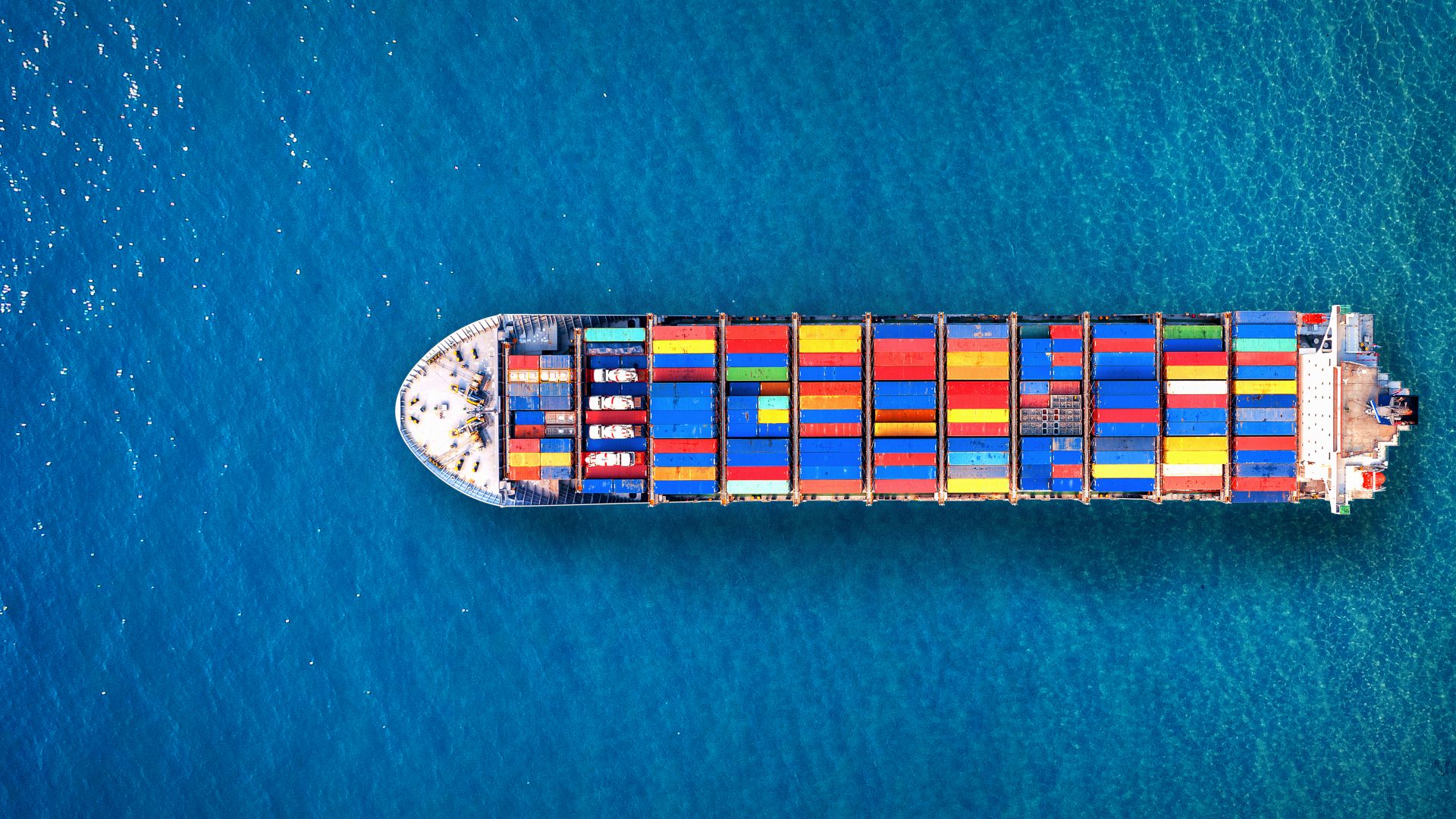Chile is the world’s fortieth second major exporting economy. In 2018, Chilean exports reached a total of US$75,482 million and imports amounted to US$74,189 million. Import and export activities in Chile benefit from 26 free trade agreements (FTA), which give the country access to 64 international markets.
Chile’s main trade partners include, but are not limited to, China, the United States, the European Union, Japan, Mercosur, South Korea and the Pacific Alliance. Moreover, the trade/GIP relation is 57.5%. Therefore, the government works to reduce or remove the trade barriers, offering an attractive commercial environment for companies that move to the region wishing to do business across its borders.
Whether you buy through a web site or through a mailbox, ensure to acquire original and not counterfeit products. Avoid exposing yourself to complaints, fines or, even, seizure of goods. Just like at the borders, the entrance of illegal or toxic substances, protected species and/or archeological pieces, among others, to the country is not allowed.
Customs is constantly taking more and new measures to facilitate to the citizens the internment of those purchases performed in foreign online commerce, taking care of not putting people’s safety and health under risk. Buying through internet in foreign online stores implies importing and, therefore, it involves the Payment of Taxes. For goods of commercial nature with a maximum invoiced value of USD $1,000, the process can be personally made by the importer in the respective Customs in a simplified way.
In this case, the importer should present the following documents:
- Original bill of lading or document in lieu thereof, according to the transport route.
- Commercial invoice
- Power of attorney of the owner or consignee for a determined shipment, when the person doing the process is a third party.
- Clearance Documents or Certificates, when appropriate
Regarding the background documents, it is necessary to clarify that some of them are mandatory for every import of commercial nature and other documents are only required in certain cases.
Documents, which are mandatory for every import of commercial nature include:
- Bill of lading, transport document or air waybill certifying the consignee’s ownership of the merchandise.
- Original copy of the commercial invoice, certifying the merchandise purchased and its value.
- Power of attorney of the importer regarding the goods’ price, form provided by the customs agent.
- Mandate established by the mere endorsement of the original bill of lading.
Documents required only for certain import operations include the following:
- Certificate of Origin, in case the import benefits from any tariff preference, under a Trade Agreement.
- Packaging list, when appropriate, always in the case of goods packed in containers.
- Insurance certificate, when the premium’s value is not included in the commercial invoice.
- Cost Note, when these are not included in the commercial invoice.
- Permits, authorizations, certifications or clearances, when appropriate.
There are different ways of paying imports. These include:
- Overseas Collection: The vendor places all the goods in the vessel or airplane and, once everything is shipped, he/she sends the documents to the buyer for the clearance process.
- Letter of Credit: The importer generates with the bank a document that includes all the import requirements, such as the company’s name, the products, dates, etc. This letter should be sent to the exporter’s bank, which checks that all the papers comply with those requirements. If so, the exporting bank notifies the importer and the payment is made.
- Wire Payment Order: Sending money through an international draft supplier is very easy. You only have to go to any of its offices within its wide branch networks and request sending the money to the goods’ country of origin. The payment is done in Chilean pesos and the amount will be received in dollars.
- Credit Card: most of the purchase web sites accept the use of credits cards, such as Visa and Mastercard.
- Finally, the most usual is the Bank Transfer, Payment Order (Swift) or Wire Transfer: with any of these three names, it is the most used, cheapest and simplest way of payment. In this method, the importer gores to a Currency Broker with the bank account data of the recipient and sends the money.
AFEX Currency Broker allows you to pay to your vendors abroad through bank transfers or foreign currency checks to be deposited in an account. We perform transfers in more than 100 currencies via swift messages
With us, you can pay to forwarders, customs agencies, insurances companies and perform any type of deposits in national and international current accounts in a rapid and safe way.


